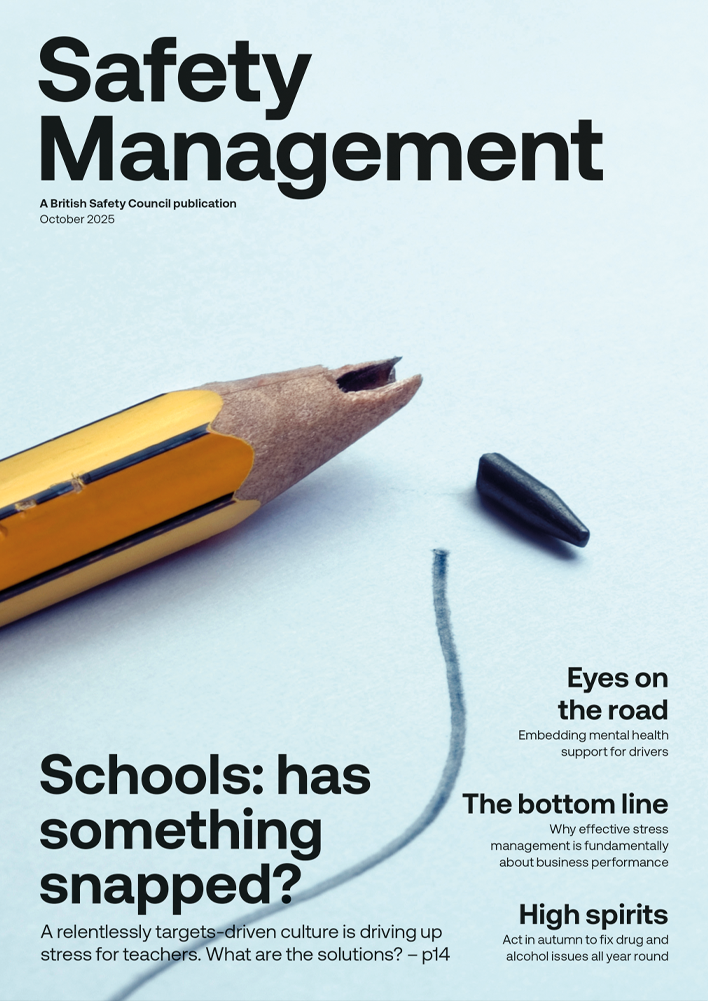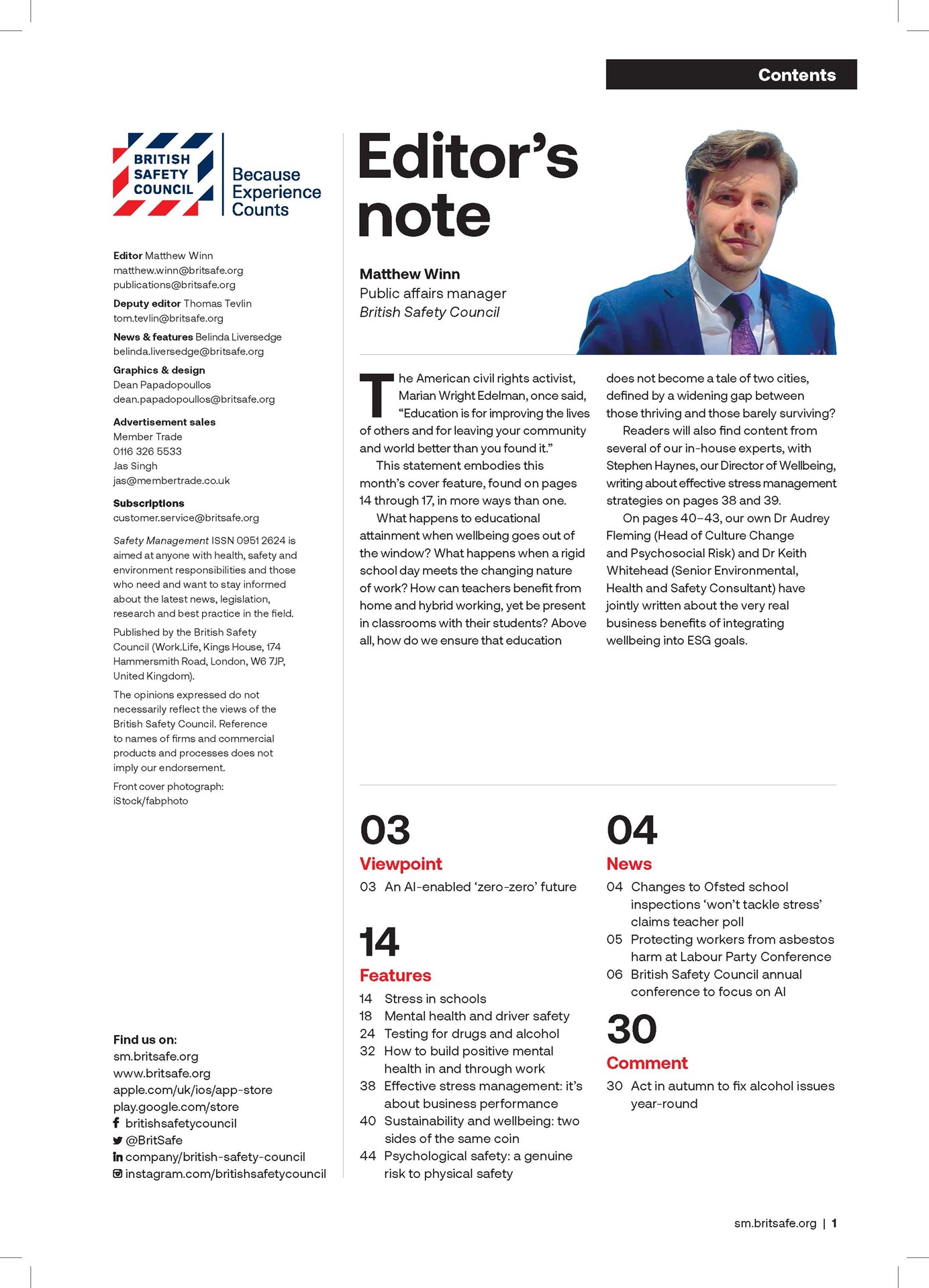Heavy industry workers take significantly more time off for mental health reasons than the national average and most admit to having struggled with symptoms related to stress, anxiety or depression, according to a recent survey.
News
Workers in ‘hard hat’ industries three times more likely to take time off for mental health reasons: survey
The survey, which was conducted by hydraulic hose replacement specialist Pirtek UK & Ireland as part of its Under the Hard Hat campaign, involved 343 workers from ‘hard hat’ industries such as engineering, marine & port, manufacturing, waste management and mining & quarrying.
 Nearly 40 per cent of respondents to Pirtek's survey revealed that they had taken time off work for mental health reasons. Photograph: iStock/RainStar
Nearly 40 per cent of respondents to Pirtek's survey revealed that they had taken time off work for mental health reasons. Photograph: iStock/RainStar
It found that three-quarters of respondents had felt stressed at some point, while 62 per cent said they had suffered with anxiety and 43 per cent had experienced depression. Seven per cent of survey respondents reported feelings of self-harm and a further seven per cent had thought about suicide.
Nearly 40 per cent of respondents revealed that they had taken time off work for mental health reasons. This is more than three times the national average.
According to the Pirtek survey, just over 40 per cent of participants reported that there was no mental health support available in their workplace, or if there was, they were unaware of it. More than half of respondents said they found talking about their mental health either awkward or uncomfortable.
“It’s incredibly worrying that so many of our survey respondents have reported challenges with their mental health,” said Pirtek’s group QHSE manager, Martyn Smart. “Professionals who work in these sectors face many hazards in their day-to-day duties, but it’s important to remember that mental health risks in the workplace must also be assessed to correctly measure the level of risk to workers.”
The results of the survey come as no surprise to Sam Downie, managing director at Mates in Mind – a sister charity to British Safety Council that works to raise awareness of mental health issues in sectors including construction, manufacturing, transport and logistics.
“Unfortunately, this is not a new phenomenon and therefore the survey results are not surprising,” said Downie. “Our own research found there are a number of reasons why this is the case, including: workload; long hours; financial insecurity, both in payment terms and where the next job will come from; being away from home, family and support networks; and potential injury.”
Mates in Mind was founded to help businesses in these sectors mitigate the stressors that lead to mental ill health.
“We do this by working with organisations of all sizes to build positive mental health in and through work, because our research showed that the two are irrevocably linked,” said Downie, emphasising the importance of building a culture of prevention through education and training, so that no one reaches crisis point.
“Some organisations do great work in this area – transforming their workplaces, raising awareness, addressing the stigma and empowering their supply chains,” Downie added. “However, too much variation and inconsistency remain, with support focused on when someone reaches crisis, rather than identifying and mitigating the contributing factors.”
Through its Champions Programme, Mates in Mind is calling on medium and large organisations to support the small businesses and sole traders within their supply chains, in order to jointly build what Downie describes as “a mentally-resilient sector”.
NEWS

Top jobs in safety in greatest demand right now, says recruiter
By Belinda Liversedge on 29 October 2025
Senior safety professionals who can influence culture, lead transformation, and align health and safety with wider business goals are in growing demand by employers, the recruiter Irwin & Colton have said.

HSE inspectors target Manchester construction sites as part of health drive
By Belinda Liversedge on 28 October 2025
HSE inspectors made a series of proactive inspections last week in Manchester city centre to tackle ill-health on construction sites.

Headline fines highlight common errors in reversing
By Belinda Liversedge on 24 October 2025
Reversing incidents have come into sharp focus in recent months, says HSE with two high profile fines totalling £3.5 million for the death of two workers.



